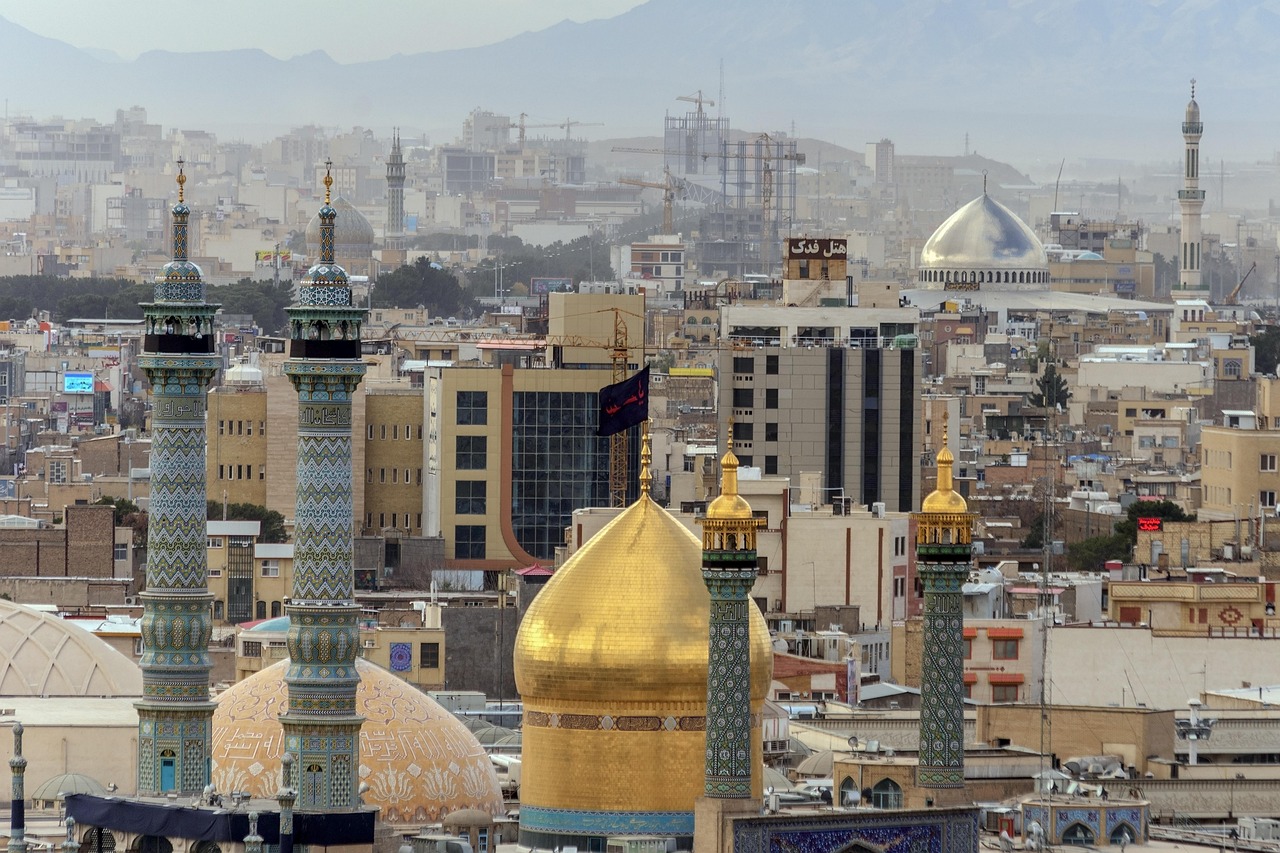World
UN Member States Urged to Address Iran’s Rising Executions

The ongoing increase in executions in Iran has prompted Hussein Baoumi, Deputy Regional Director of Amnesty International, to call on UN member states to confront Iranian authorities. He raised concerns about the growing “weaponization” of the death penalty, noting that more than 1,000 executions have taken place in the country since the beginning of 2025.
Baoumi highlighted a troubling trend where Iranian authorities are attempting to “normalize” the execution of hundreds of individuals each year. He pointed out that since the “Woman, Life, Freedom” protests erupted in 2022, the Iranian government has increasingly resorted to executions as a means of instilling fear, suppressing dissent, and punishing marginalized communities.
Alarming Trends in Executions
The current rate of executions in Iran, averaging approximately four per day, has not been observed since 1989. Amnesty International criticized the use of the death penalty for ambiguous and politically motivated charges, such as “enmity against God” and “corruption on earth.” The organization argues that these charges often do not meet the international legal standards necessary for capital punishment, especially when considering their application alongside drug-related offenses.
Trials resulting in death sentences in Iran are frequently described as “grossly unfair,” often conducted in Revolutionary Courts that lack independence and collaborate with the state’s security and intelligence agencies. Individuals from lower socioeconomic backgrounds and ethnic minorities—including Afghans, Ahwazi Arabs, Baluchis, and Kurdish populations—are disproportionately affected by these executions.
International Obligations and Human Rights Violations
Iran is a signatory to the International Covenant on Civil and Political Rights, which articulates the inherent right to life and prohibits arbitrary deprivation of that right. Article 6(2) stipulates that the death penalty may only be imposed for the most serious crimes and in accordance with the law at the time of the crime. Furthermore, Article 6(4) ensures that anyone sentenced to death has the right to seek pardon or commutation of their sentence.
In September 2024, experts from the UN expressed alarm over the rising number of executions in Iran, stating that this trend represents a significant escalation that contravenes international human rights standards. Iran stands out among only four countries—along with Singapore, China, and Saudi Arabia—that confirmed executions for drug offenses in 2024. Amnesty International reported that the total number of global executions surged to its highest level since 2015.
As the situation unfolds, the international community faces pressing questions about how to effectively respond to Iran’s increasing use of the death penalty and to advocate for the rights of those at risk.
-

 Science2 months ago
Science2 months agoUniversity of Hawaiʻi Joins $25.6M AI Project to Monitor Disasters
-

 Business2 months ago
Business2 months agoForeign Inflows into Japan Stocks Surge to ¥1.34 Trillion
-

 Top Stories2 months ago
Top Stories2 months agoBOYNEXTDOOR’s Jaehyun Faces Backlash Amid BTS-TWICE Controversy
-

 World2 months ago
World2 months agoBoeing’s Merger with McDonnell Douglas: A Strategic Move Explained
-

 Top Stories2 months ago
Top Stories2 months agoCarson Wentz Out for Season After Shoulder Surgery: Urgent Update
-

 Top Stories2 months ago
Top Stories2 months agoMarc Buoniconti’s Legacy: 40 Years Later, Lives Transformed
-

 Entertainment2 months ago
Entertainment2 months agoSydney Sweeney Embraces Body Positivity Amid Hollywood Challenges
-

 Lifestyle2 months ago
Lifestyle2 months agoKelsea Ballerini Launches ‘Burn the Baggage’ Candle with Ranger Station
-

 Health2 months ago
Health2 months agoInnovative Surgery Restores Confidence for Breast Cancer Patients
-

 Sports2 months ago
Sports2 months agoSteve Kerr Supports Jonathan Kuminga After Ejection in Preseason Game
-

 Entertainment2 months ago
Entertainment2 months agoZoe Saldana Advocates for James Cameron’s Avatar Documentary
-

 Lifestyle2 months ago
Lifestyle2 months agoDua Lipa Celebrates Passing GCSE Spanish During World Tour









